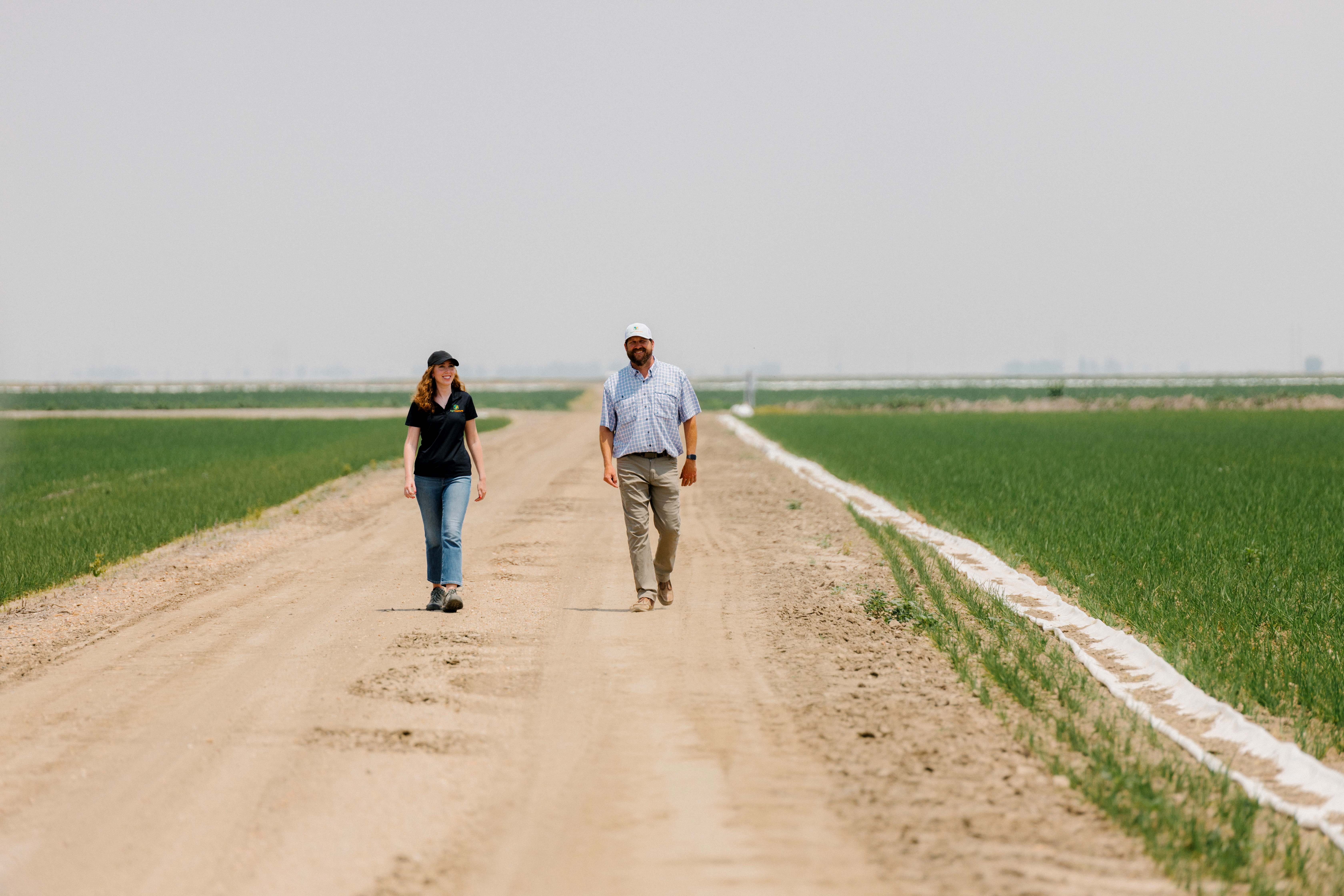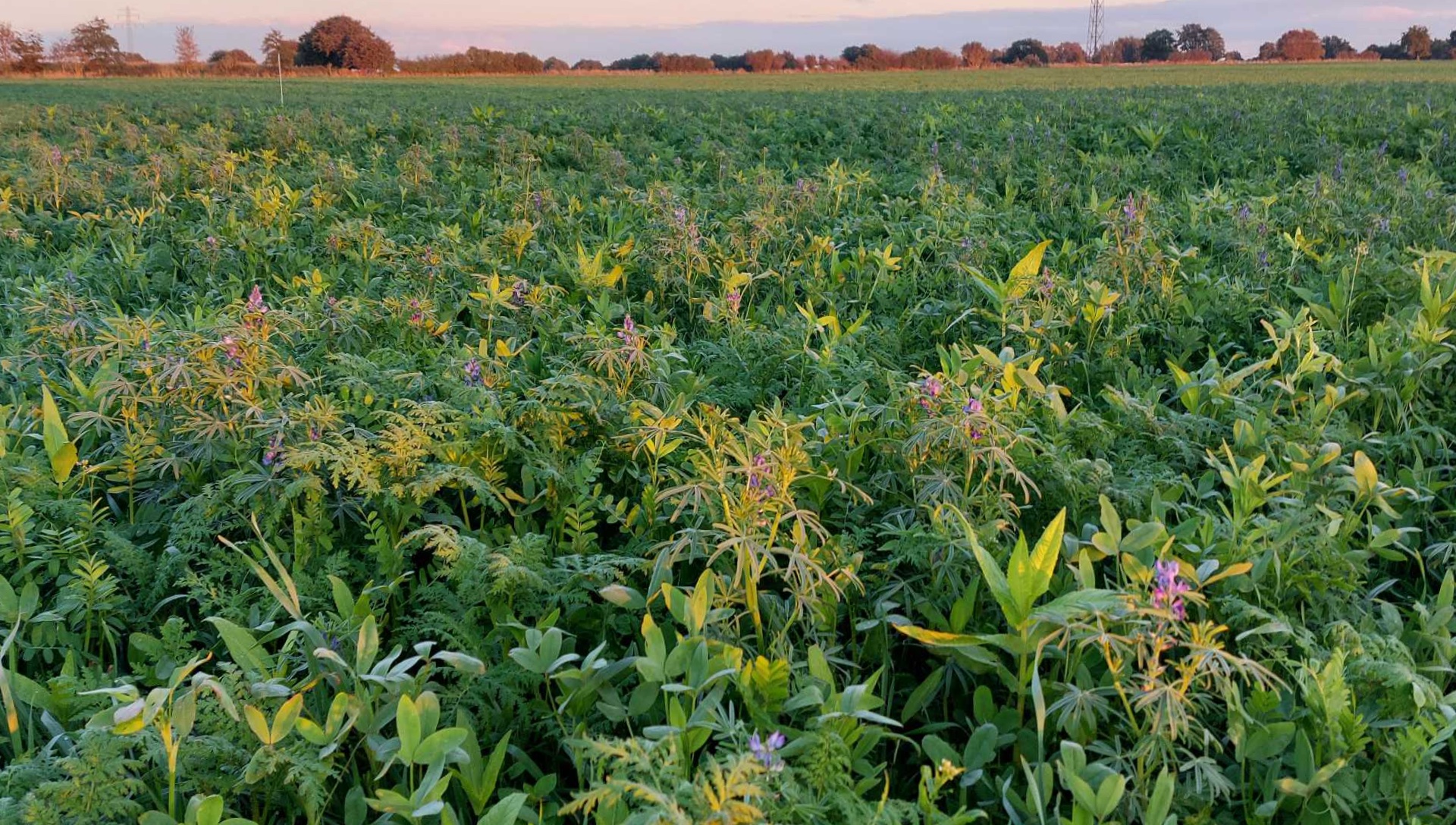AgriCapture Rice Methane Reduction Project
Regenerative Agriculture
Soil
プロジェクト概要
The AgriCapture Rice Methane Reduction Project is a greenhouse gas (GHG) reduction project under the Climate Action Reserve’s Soil Enrichment Protocol. The project supports the adoption of agricultural practices aimed at decreasing net emissions of carbon dioxide, methane, and nitrous oxide (CO₂, CH₄, and N₂O), as compared to the baseline emissions from historical operations.
Emissions reduction credits were generated by cultivating rice with practices that conserve water and reduce GHG emissions with an emphasis on methane reduction. Methane, a product of conventional rice production, has a global warming potential (GWP) approximately 81 times more potent than CO₂, over a 20-year period.
Farms across Arkansas, Louisiana, Mississippi, Missouri, and Texas implemented practice changes to reduce emissions from agricultural production through cover-cropping, nitrogen management and irrigation changes.
Focusing on sustainable rice cultivation, the AgriCapture Rice Methane Reduction Project has reduced over 70,000 metric tons of methane and conserved over 21 billion gallons of water and to date, while directing economic benefits to rural communities to further incentivize regenerative agriculture adoption. A nominal number of acres in this project cultivated crops other than rice. See buffer pool description below.
AgriCapture is the leading project developer of carbon credits for methane reductions from rice cultivation and a leading certifier of regenerative farming practices, generating high-integrity agricultural emissions reduction and removal credits. AgriCapture also provides carbon insetting services for agricultural supply chains and crop identity preservation services for retail partners.



